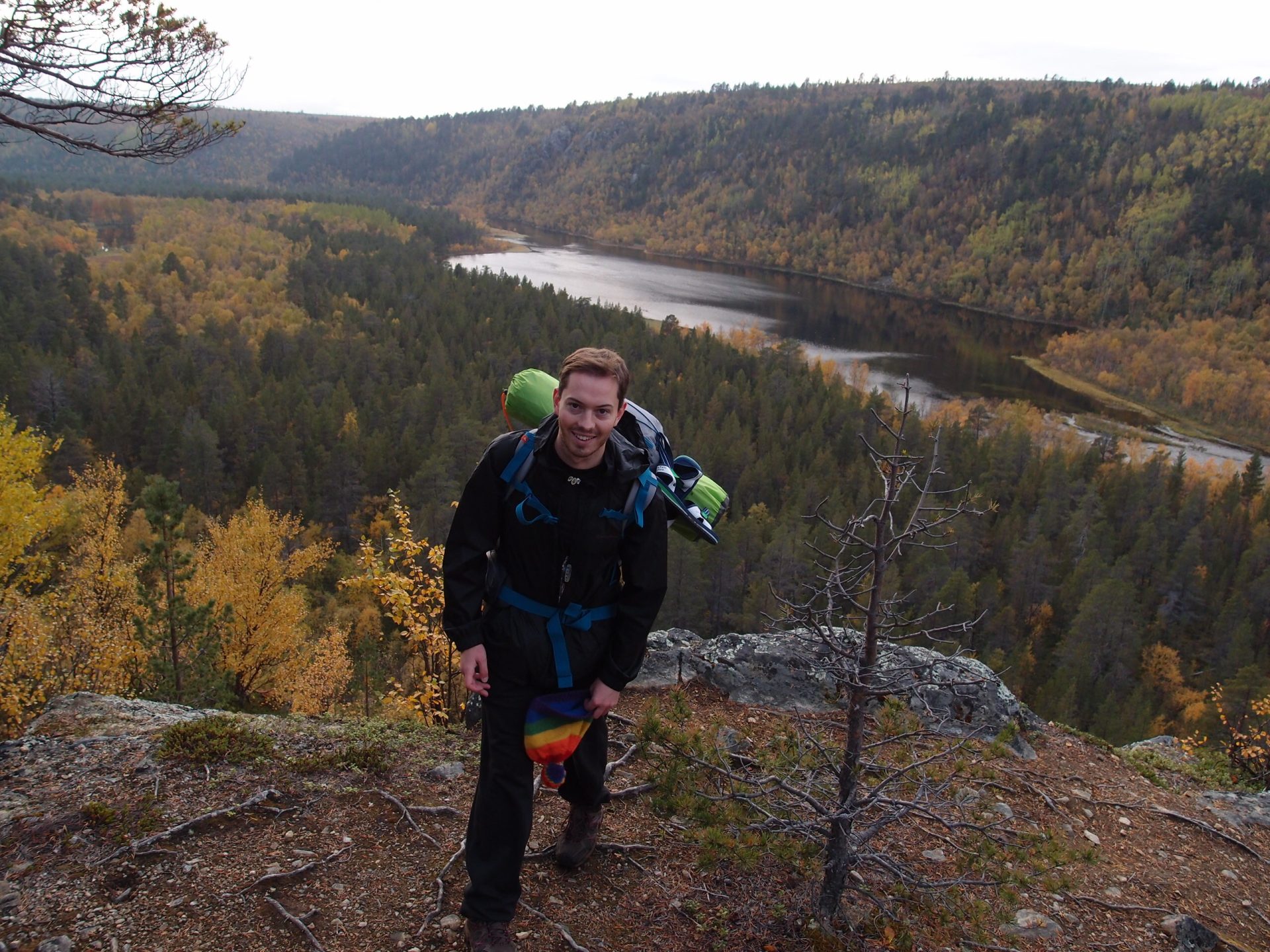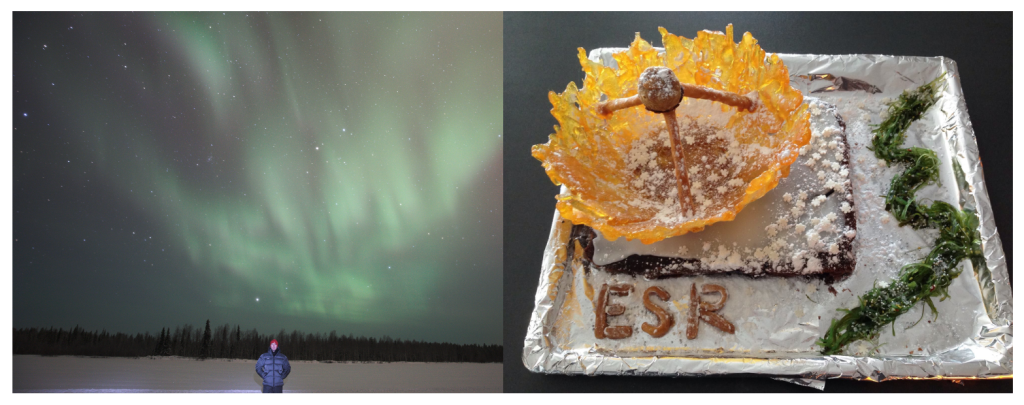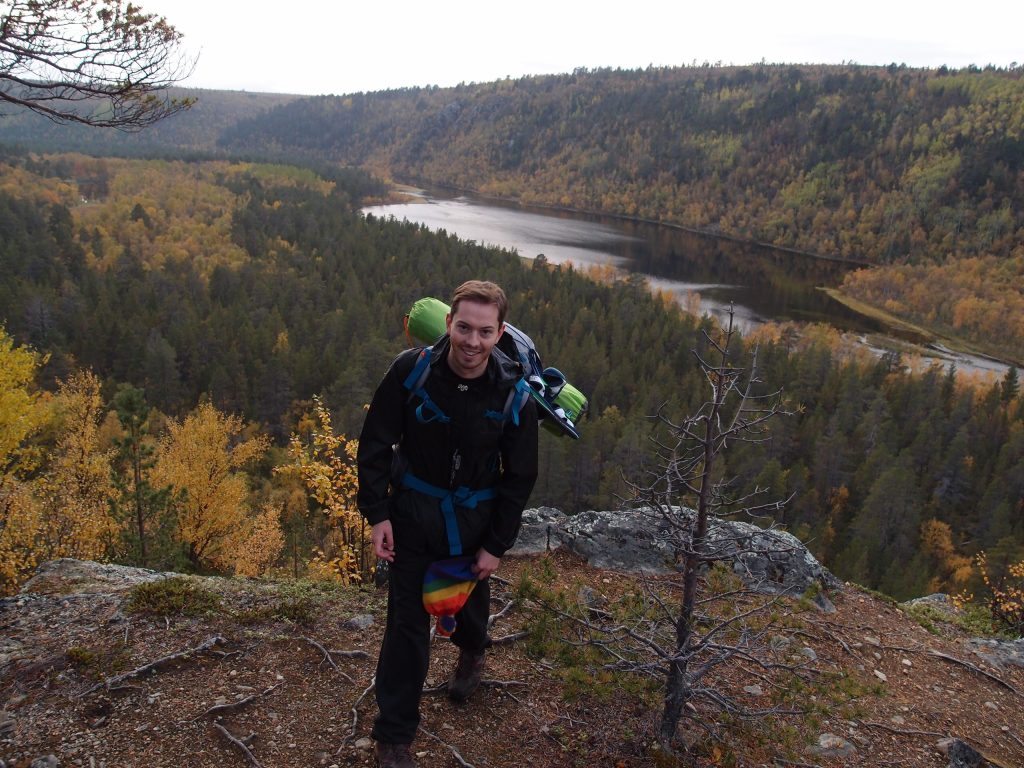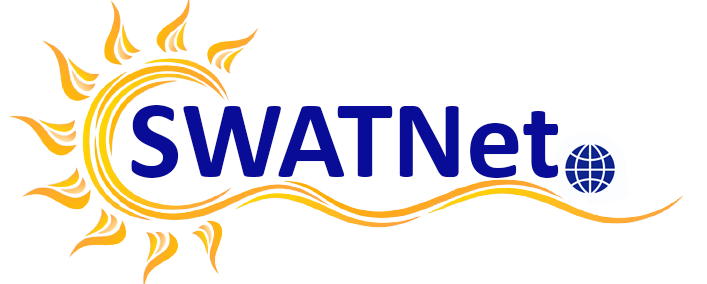
Confusing Cotutelles
Text: Emilia Kilpua
Maxime Grandin is a postdoctoral researcher at University of Helsinki’s space physics team who studies aurora and likes to bake cakes. He is also a former Cotutelle student.
PhD work Maxime did as a collaboration between University of Oulu and Paul Sabatier University in Toulouse. He spent most of the time at the Sodankylä Geophysical Observatory, located far in northern Finland beyond the Arctic Circle.
Not only did Maxime become an expert on ionospheric research, but he developed a love for polar nights, weird Finnish movies and swimming in freezing waters.
What a wonderful experience for a young scientist!

***
This in mind, we planned a few years back with a good colleague of mine at École Polytechnique to have doctoral students together. Offer them an opportuniy to work, study and live in two great cities, Paris and Helsinki.
I started reading for further information on how to apply for funding for a shared student. After about ten minutes, I gave up.
Cotutelle. Co-Tutelle. The word derives from French, meaning guarding together. Otherwise, I hardly understood anything. The process seemed administratively… just impossible.
Now I am coordinating a Marie Curie Innovative Network with 12 doctoral students. All of them are working towards co-hosted degrees.
Maybe Cotutelles are not as scary as they sound.
***
A Cotutelle (or double) degree means that a student is supervised from two universities under a mutual agreement. The student will enroll to doctoral programs at each university, studies and works at both places and will finally receive two diplomas. One doctoral thesis is submitted (double degree does not mean double work!), but it is evaluated separately. There are also joint degrees where two universities have established even stronger ties together by developing a joint study program. In this case, the thesis will be evaluated jointly and the student will receive one certificate.
The core of confusion is the ‘Cotutelle Agreement’. This important document includes agreeing on things like tuition fees, social security, division of stays at each university, requirements for the studies and the thesis, intellectual property rights, and things related to re-examination and grading of the thesis, and the defence itself.
Although most universities have an existing template to start with, finalizing the agreement requires long negotiations. Polishing the text, sending it back and forth for comments, corrections and additions. Checking the things. Double-checking the things.
Luckily, this is not the fight of the supervisor nor of the student. Administrative personnel will do the dirty work.
Training Officer Maija Tiippana from the University of Helsinki confirms that making the agreement is time-consuming. It takes at least several months, sometimes even a year. According to her, agreeing on thesis requirements and evaluation, and on the details of the defence demands often more effort than the other items.
Could there be cases that the agreement is not reached at all? According to Maija if both parties are committed the agreement will be finally reached. But there are universities who just do not have Cotutelles.
***
How to start the Cotutelle process from the supervisor’s perspective?
First and foremost, there has to be a research idea that genuinely benefits a student from working at two places. Supervisors need to actively communicate and it helps if they already have an on-going collaboration. Funding and a suitable student are also naturally needed. The next step is to contact the coordinators of the doctoral programmes at both universities.
Supervisors decide how the stays will be divided and what courses the student will take at each university to meet the required amount of credits.
Working contracts and enrollment to doctoral programs are both done before the Cotutelle Agreement will be signed. If it is delayed, no worries, research and studies can progress.
***
For a student, pursuing a co-hosted degree can be a life changing experience.
Maxime feels he got the best of both worlds. Working at two places was scientifically stimulating and he also learned a lot about differences in academic life between Finland and France.
Doing the Cotutelle was Maxime’s own idea. As a master student he did a seven months trainee period at the Sodankylä Observatory and was invited to come back at any time. Excited, Maxime started to plan his PhD in the North.
Everyone – practically everyone at home told he was crazy. Half a year they could understand, but how would he survive four years at those latitudes? Starting to doubt himself, Maxime began to search whether he could keep one foot in France.
Making the agreement was painful. In France Cotutelle was a common procedure, but for the University of Oulu this turned out to be the first such contract in physics with a French university. Maxime had to manage a lot of the paperwork and it took a year to have everything ready.
Bureaucracy is the only negative thing Maxime mentions about the double degree. But even there is a bright side. He is now used to dealing with complex administrational tasks (a useful skill in today’s academia!).
Agreeing on defence details was also tricky. In Finland there is only one opponent, while in France it is a jury. But everything worked out and the after party also reflected two cultures. The guests enjoyed local dishes – reindeer meat and root vegetables, while the wine was naturally French.

Maxime definitely recommends doing Cotutelles. It broadened his science and expertise compared to doing PhD in one place only. In Sodankylä he focused on the ground data and terrestrial ionosphere, while in Toulouse on simulating Martian ionosphere.
Working in Sodankylä took Maxime even further up in the north. He spent one spring semester at the University Centre in Svalbard (UNIS) to take courses in Arctic Geophysics and obtain the necessary credits.
Having supervisors from two different countries was also beneficial. Maxime got more input from his work and was exposed to different ways of supervising. His Cotutelle also triggered new collaborations between researchers at two universities involved.
***
The number of Cotutelles and joint degrees is on the rise. And no wonder. Despite some challenges, there are many benefits for the universities, supervisors and students.
Co-hosted degrees foster mobility and internationality, enhance collaborations and allow sharing good practices of doctoral education across the borders.
The process is also becoming easier and faster as the experience grows and there is more targeted money available. European Commission’s Marie Curie Innovative Networks are a great way to have designated funding for double/joint degree students working under the same theme.
My first Cotutelle student just started. He won’t be sipping cappuccinos in Paris, but will spend a year at the Katholieke University in the beautiful city of Leuven in Belgium.
